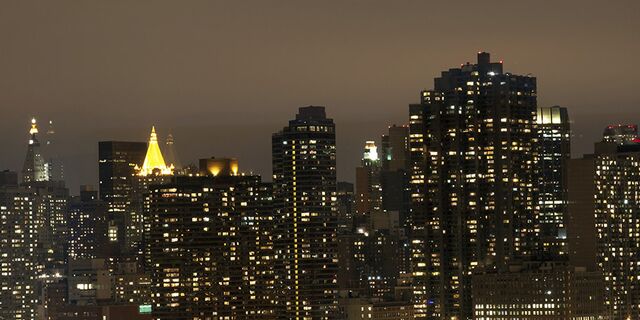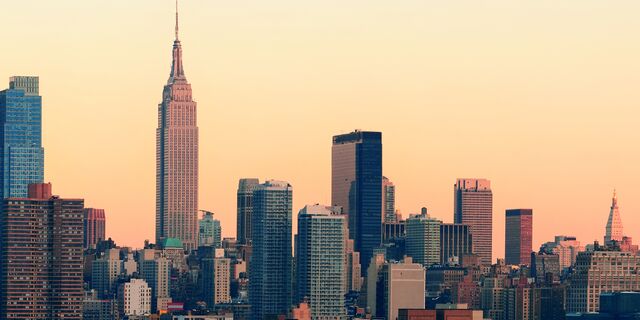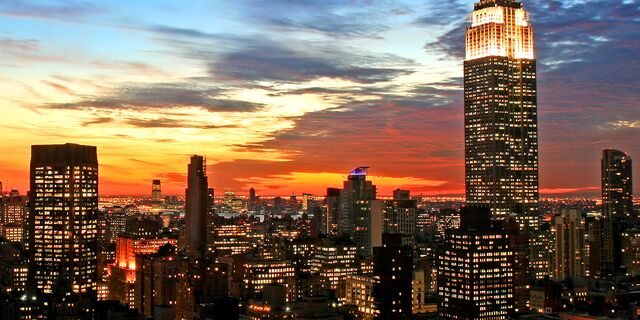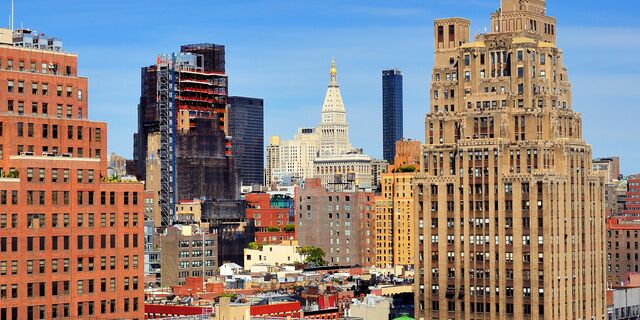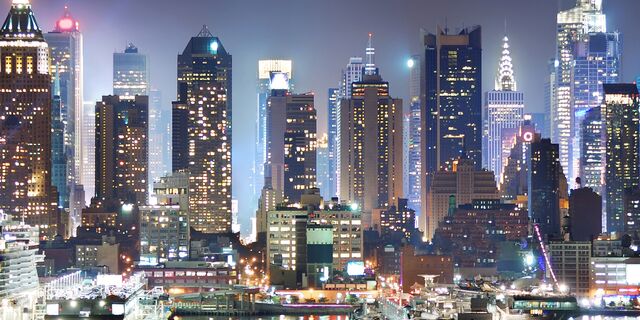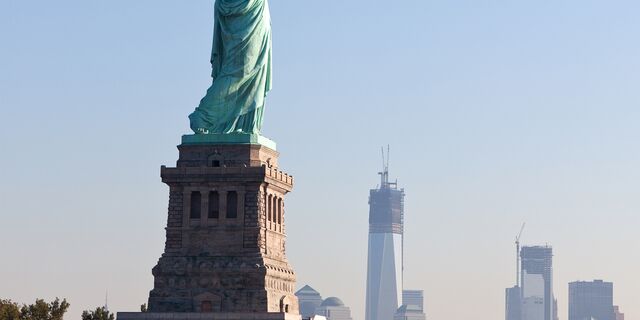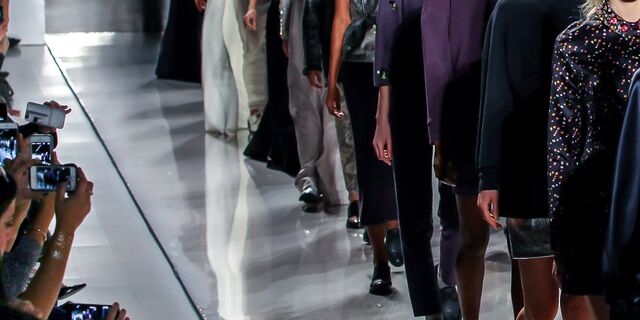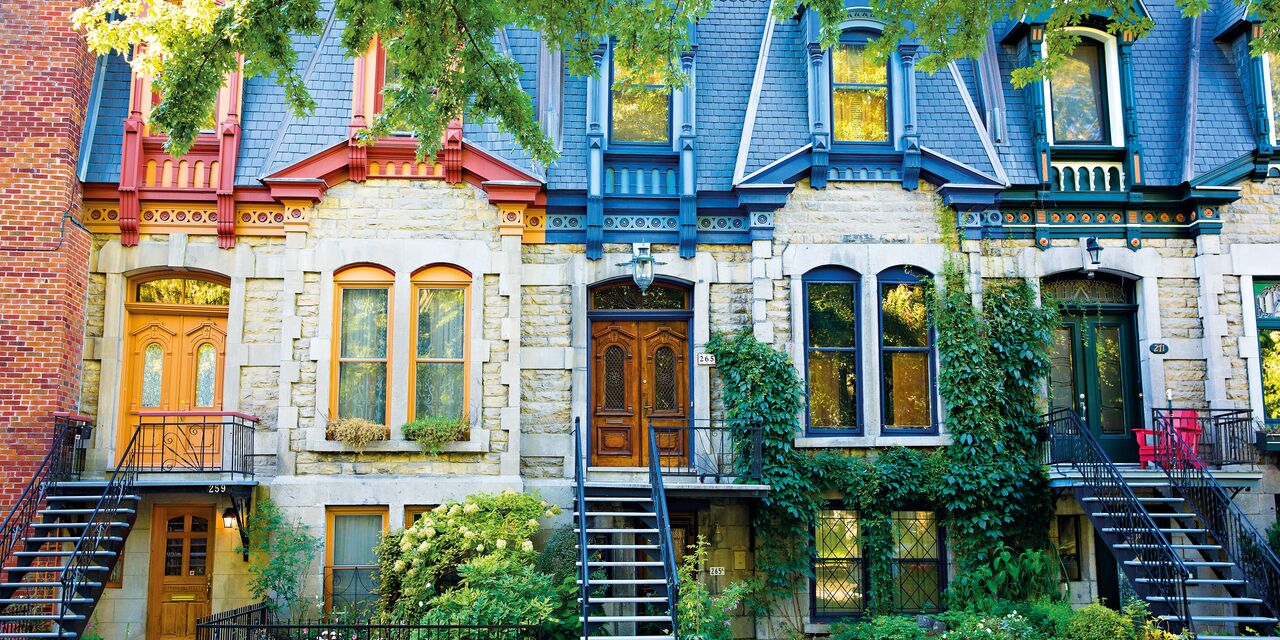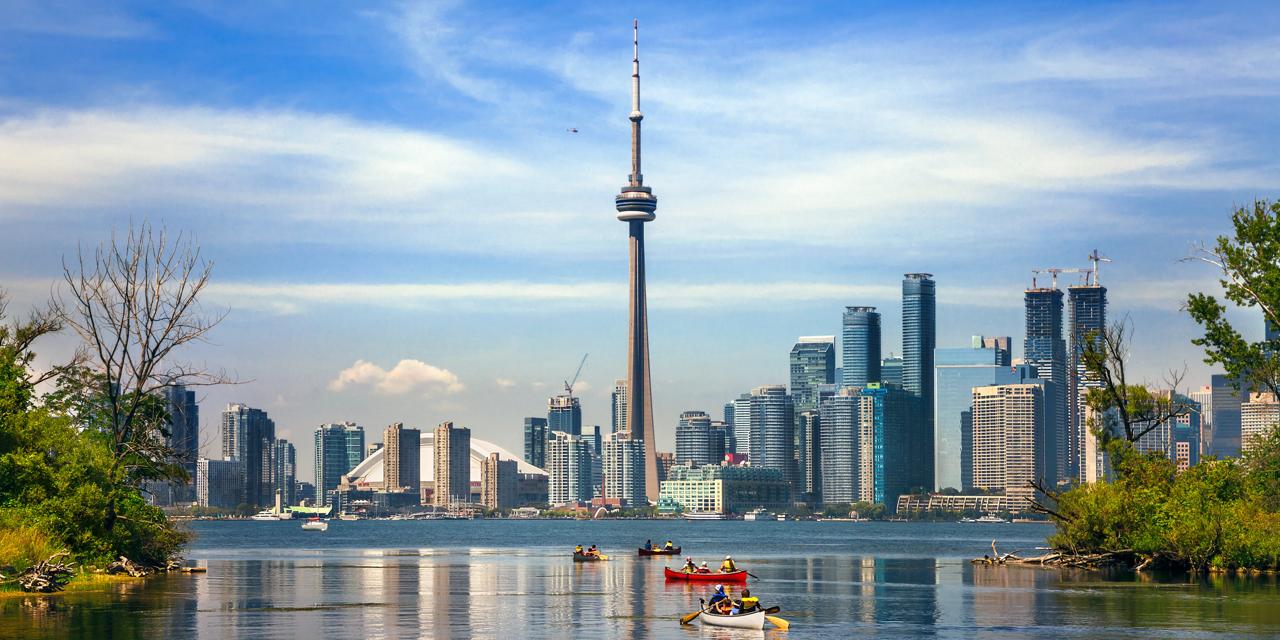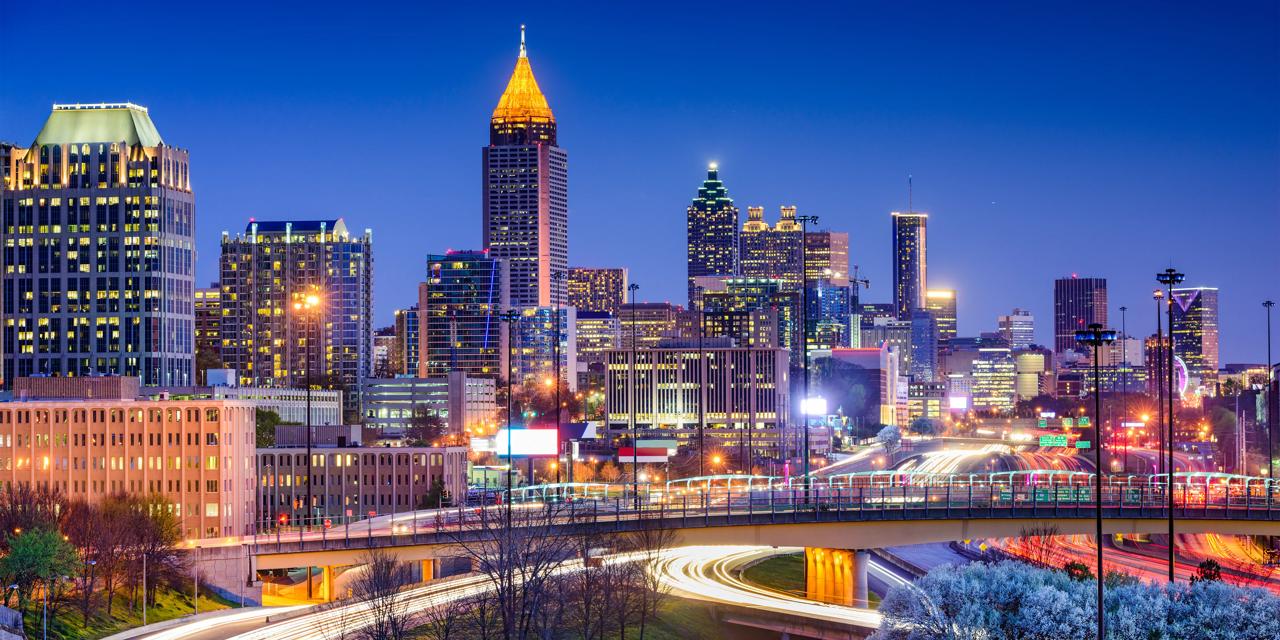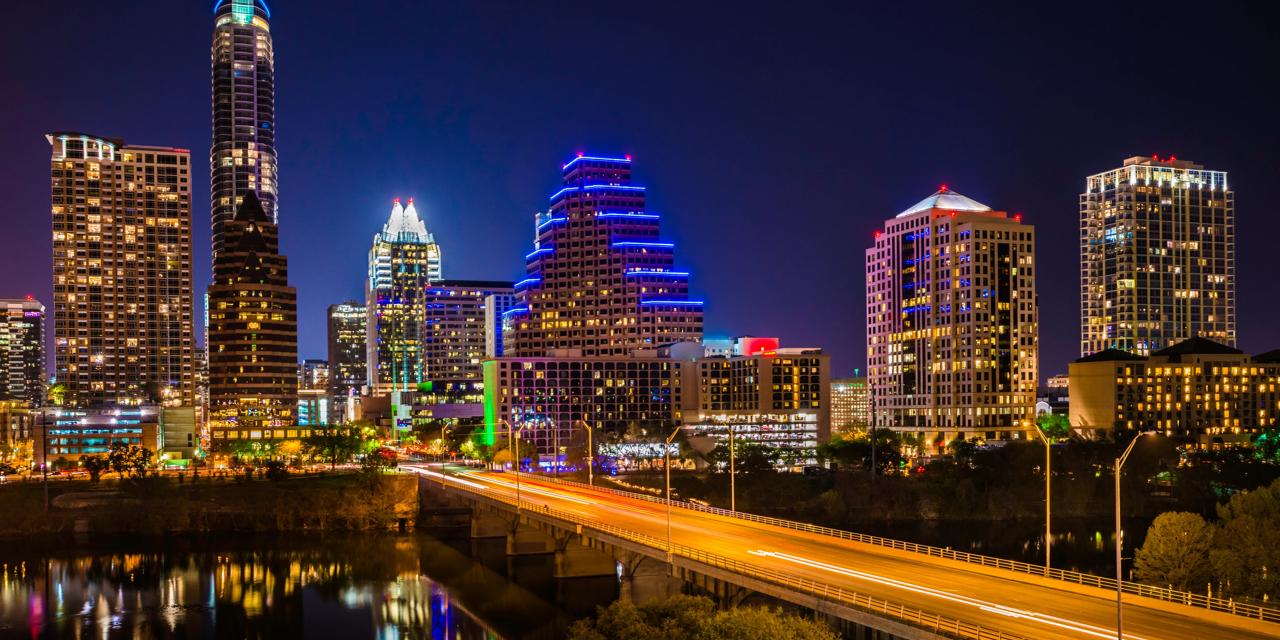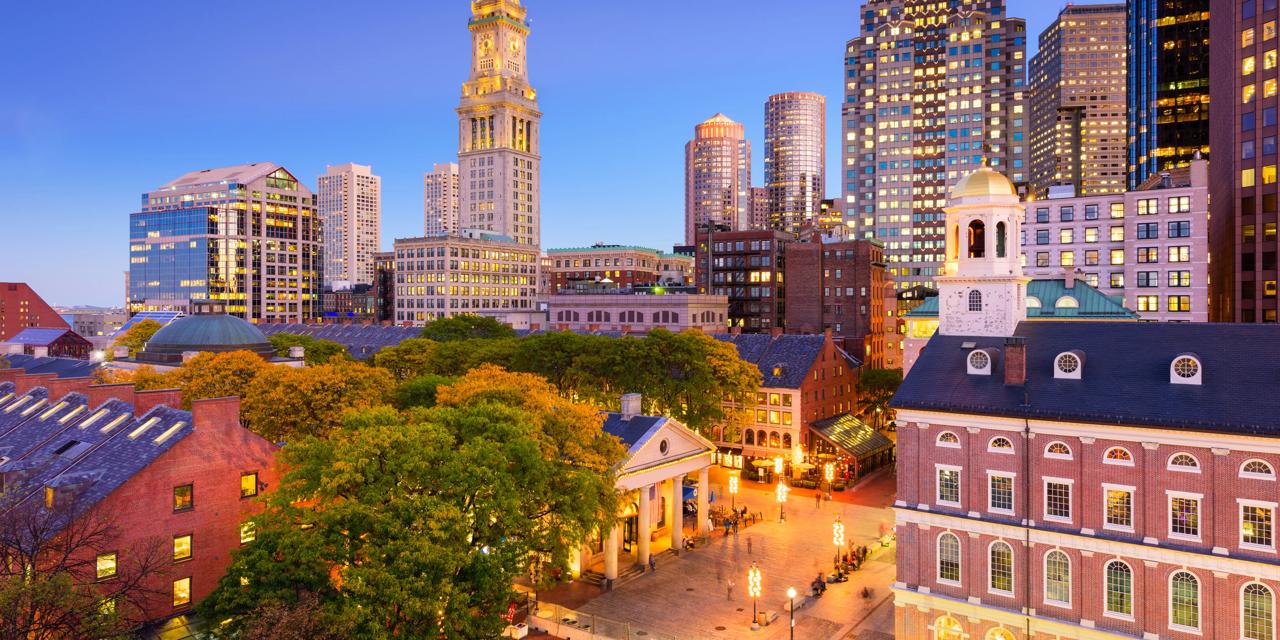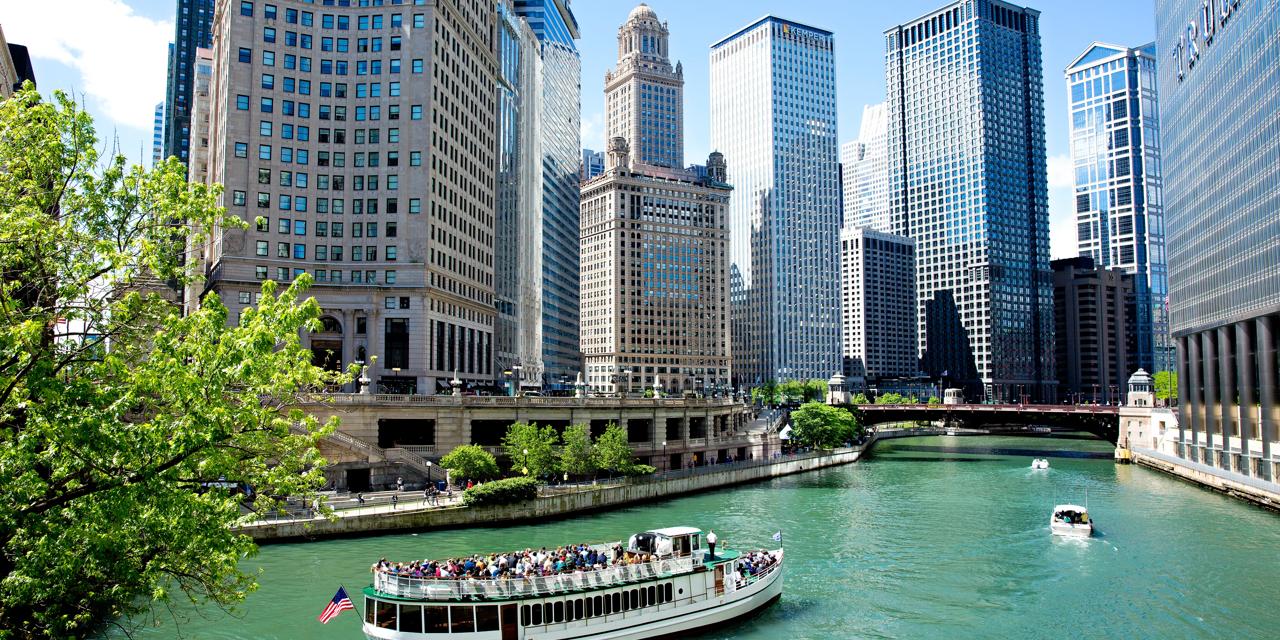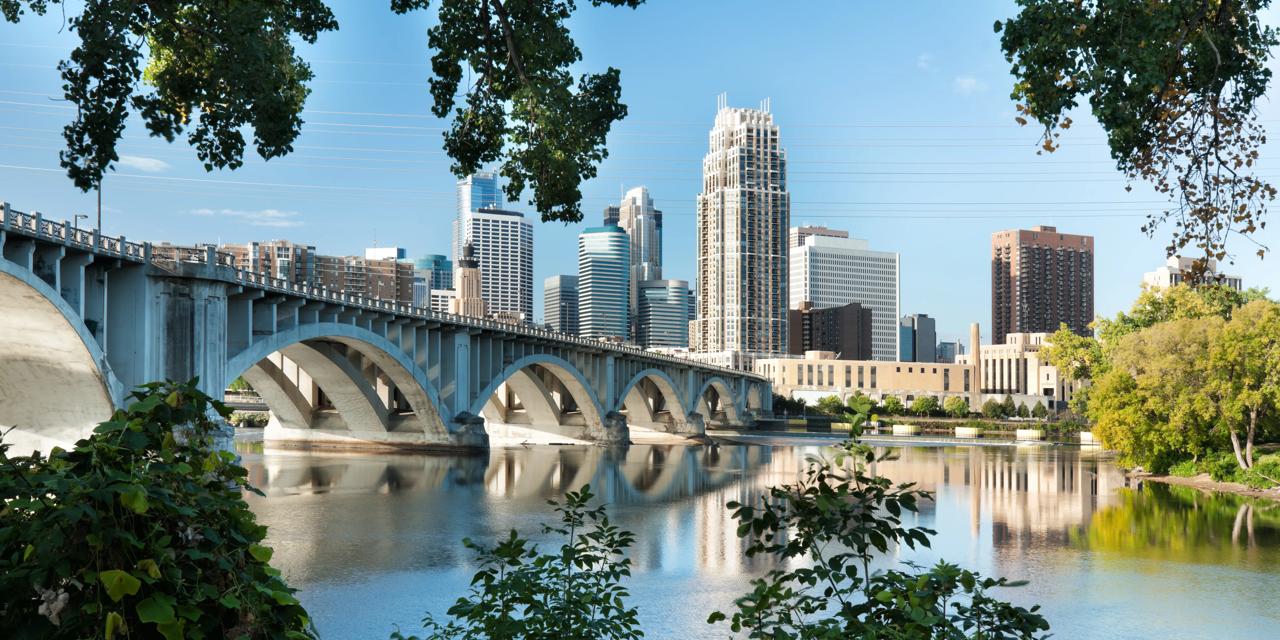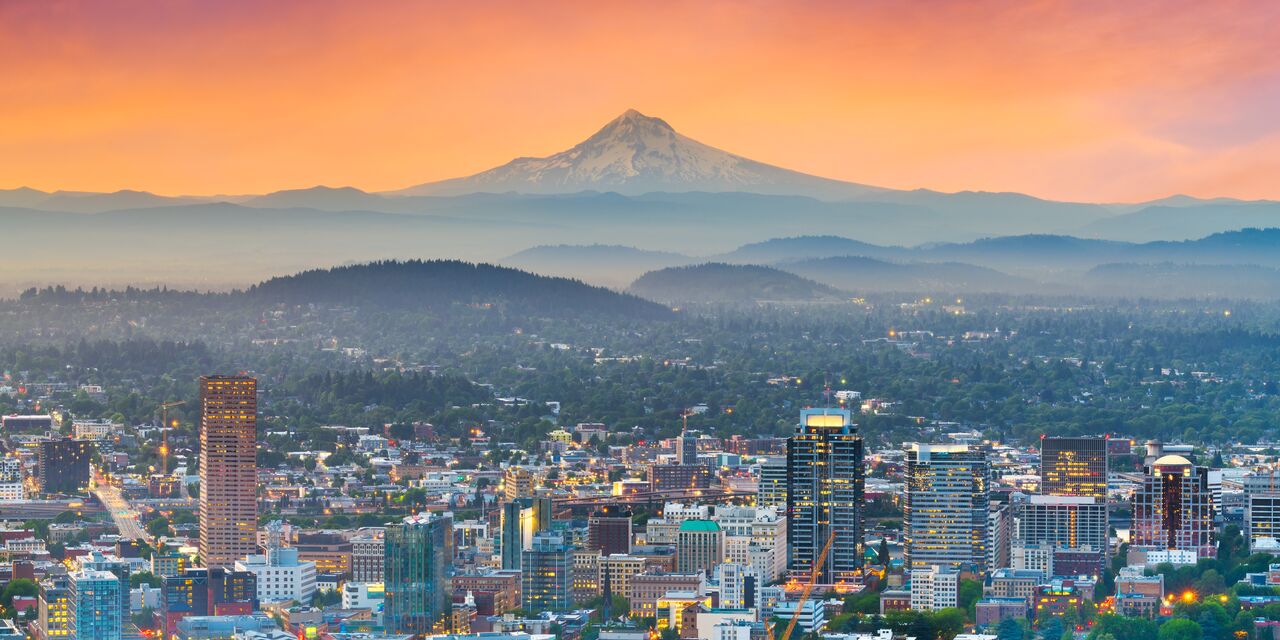The Guggenheim Museum
The Guggenheim Museum in New York was inaugurated in 1959, a very controversial event at the time due to its design. The round building was completely different from anything else seen in the city then. Today, the Guggenheim in New York is one of the most significant museums in the world - for its location, unique architecture, art collection and much more.
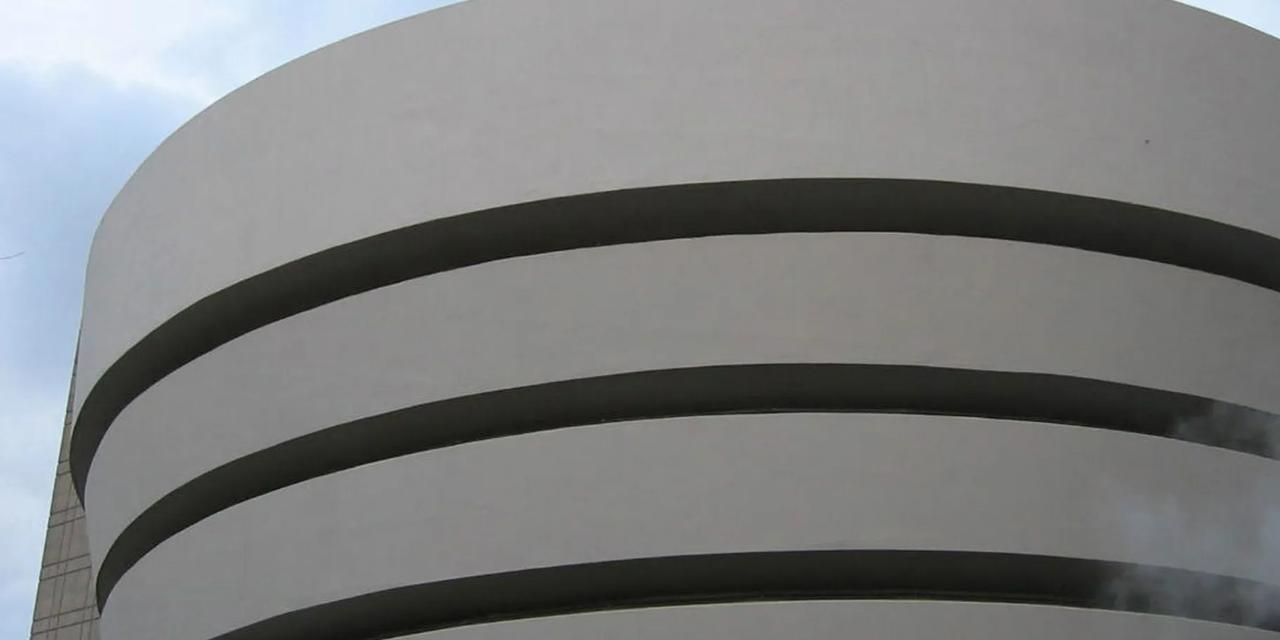
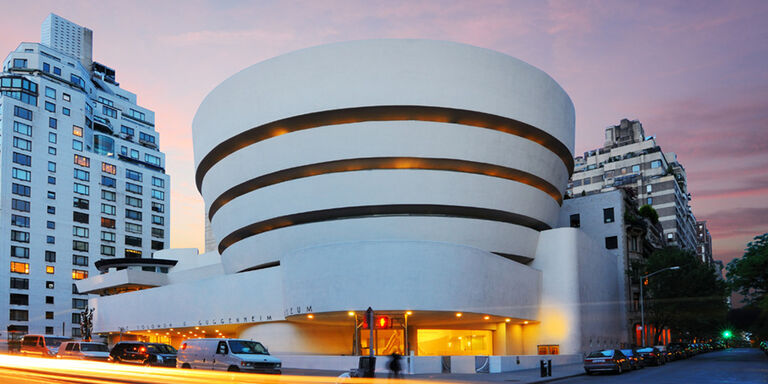
Architectural masterpiece
The organic lines of the museum contrast greatly with the rectangular skyscrapers of Fifth Avenue. Its distinct round shape has earned the building the nickname ‘tea cup’. American architect Frank Lloyd Wright designed the building in 1943. Wright was not a fan of Manhattan and wanted to create peace and spaciousness with his museum. One of his techniques was to double the width of the sidewalk in front of the building. Year-round, people sit on the low wall in front of the museum to eat their lunch. The museum was Wright’s crowning glory, but unfortunately he never saw his project completed as he died 6 months before its inauguration in 1959.
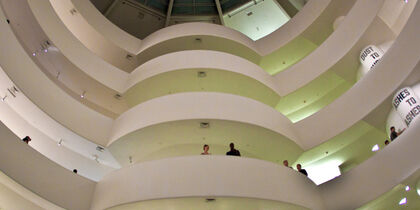
An unusual interior
The Guggenheim is not only striking on the outside but also on the inside. Everything is round and visitors walk from top to bottom through a spiral-shaped floor plan to view the artwork - truly unique! However the building harbours more clever design features: the ceiling of the entrance was made deliberately low. This makes the spiral-shaped part of the museum (with skylight in the roof) seem larger and higher than it actually is. An optical illusion.
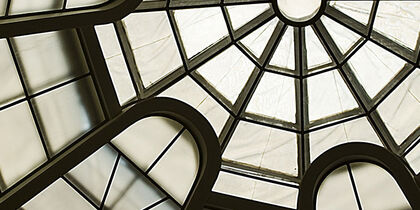
A collection of great masters
The Guggenheim collection is an impressive collection of masterpieces. It includes the world’s largest collection of works by Russian artist Kandinsky, with almost 100 paintings and 60 works on paper. Many works in the Guggenheim have been donated. In 1976, Justin K. Thannhauser, one of the largest collectors of modern art, bequeathed masterpieces by Paul Cézanne, Edgar Degas, Picasso, Vincent van Gogh and many others to the museum.
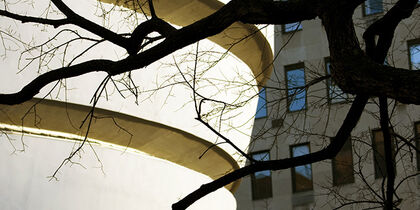
A visit to the park
It is no coincidence that the Guggenheim - with its organic form - was built so close to a park. The architect carefully planned his design to ensure that the museum would fit into the surrounding natural environment. The building is a museum piece in its own right. After a museum visit, walk over to nearby Central Park and take a stroll around the reservoir.
Discover other destinations in North America
*The displayed prices are for one adult. All amounts are in CZK. Taxes and surcharges are included. No booking fee is applicable, but a payment surcharge may apply. Prices shown may vary depending on fare availability.
The weather forecast information is provided by World Weather Online. Air France-KLM is not responsible for the reliability of this data.


